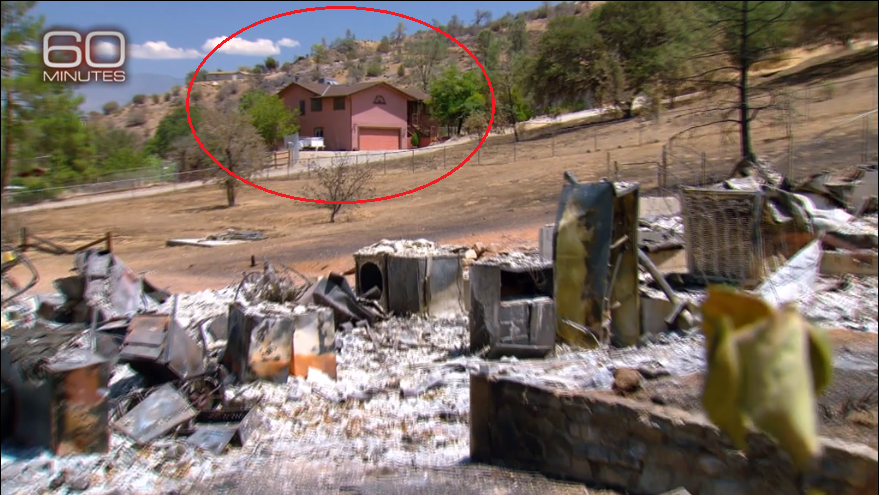Paper is Sustainable
 Continuing from yesterday's post excerpting a podcast interview with "Paper" author Mark Kurlansky. There it was revealed Kurlansky, while researching this book, changed his original view that "paper is dying."
Continuing from yesterday's post excerpting a podcast interview with "Paper" author Mark Kurlansky. There it was revealed Kurlansky, while researching this book, changed his original view that "paper is dying."Kurlansky calls it a "technological fallacy" that the disrupting tech always replaces entirely the disrupted. "It's my 20th book. I don't think I've ever written a book where I've so changed my thinking as I did on this book."
The conversation wanders the continents as literacy surfaces then falls in the Far East, Southeast Asia, Middle East, before paper finds its way to Europe through Italy.
Its predecessor, parchment, is made from animal skin. Papyrus is made from the plant and another strain is made from North African grass.
Later paper is made from cloth fiber, what is still today called "rag paper." Literacy was expanding, someone finally mechanizes paper making with a conveyor belt machine. From there, demand just skyrockets, making the search for rags "desperate." "Some countries banned the export of rags because they didn't want competing paper nations to get their rags." Paper makers suffer unfavorable public relations spells when the public discovers them rushing to strip Gettysburg dead of their uniforms and bandages.
 Eventually our species discovers wood pulp fibers can make paper:
Eventually our species discovers wood pulp fibers can make paper:MK:...And there were lots of books written lot of discussions, you know, what else can make paper?
There was an 18th century scientist Remier who wrote this book that nobody seemed to notice about wasps. And he had observed that wasps chew up and make pulp and build their nests out of paper. But you know this is almost like a century before anybody made paper out of wood. But eventually that idea caught on.
And once they started making their paper out of wood in the second half of the nineteenth century, the amount of paper that could be provided seemed limitless.
Of course, it wasn't limitless because they were stripping virgin forests and that was a huge issue for a long time.
And by the way really isn't much of an issue now in spite of the fact that people keep telling you not to use paper to save trees. Paper companies aren't laying waste to forests anymore. They have sustainable farms.
You know when you get this thing in the mail saying pay your bill electronically to save a tree. You're not really saving a tree, you're saving them a stamp. But in the nineteenth century they really were laying waste to forests in North American and US and Canada.
LL: Now go back to the beginning where you say the rumor that paper is dying. But that's not a rumor we can credit, right? I mean yes we have the computer we have the electronics, we have the internet the snapchat, we have the twitter, but again we still have a thriving book business.
MK: Yeah go back to this idea that technology creates alternatives. So there are certain things that electronics is good for and there are certain things that paper is good for. First of all if you want to talk about non-communication paper it's booming because of online shopping has made paper packaging material a huge business. But also books are holding their own and even stationary is doing OK.
You know I find it interesting that if you want really good stationary, you get 100 percent rag. The kind of paper that they made before they started making them out of trees. Because it was much better paper. You go back and look at books of the 1500's by [inaudible] in Venice. These books' pages are completely white no spotting no discoloration completely flat. You know this paper was so superior to the paper we use now.
You know we're using paper we're going to continue to use paper. ...
What a ride - and it's a wonder, how those entrepreneur paper-makers picking the bandages and uniforms off the soldiers killed at Gettysburg, just to make more rag paper - recover from the bad PR when they were discovered and reported on, in the news*paper*?
The entire podcast, of Lewis H. Lapham talks with Mark Kurlansky, author of Paper: Paging Through History, is available over at LQ.
------------------
Further Reading:
Paper is Technology - Silicon Valley Agrees: offlinereport.blogspot.com
False scarcity is good for business: Paper and postal rate increases are kicking the industry while it's down: poynter.org
Paper biodegrades. It doesn't add to the growing "Great Pacific Garbage Patch" traveling the ocean. citylab.com


